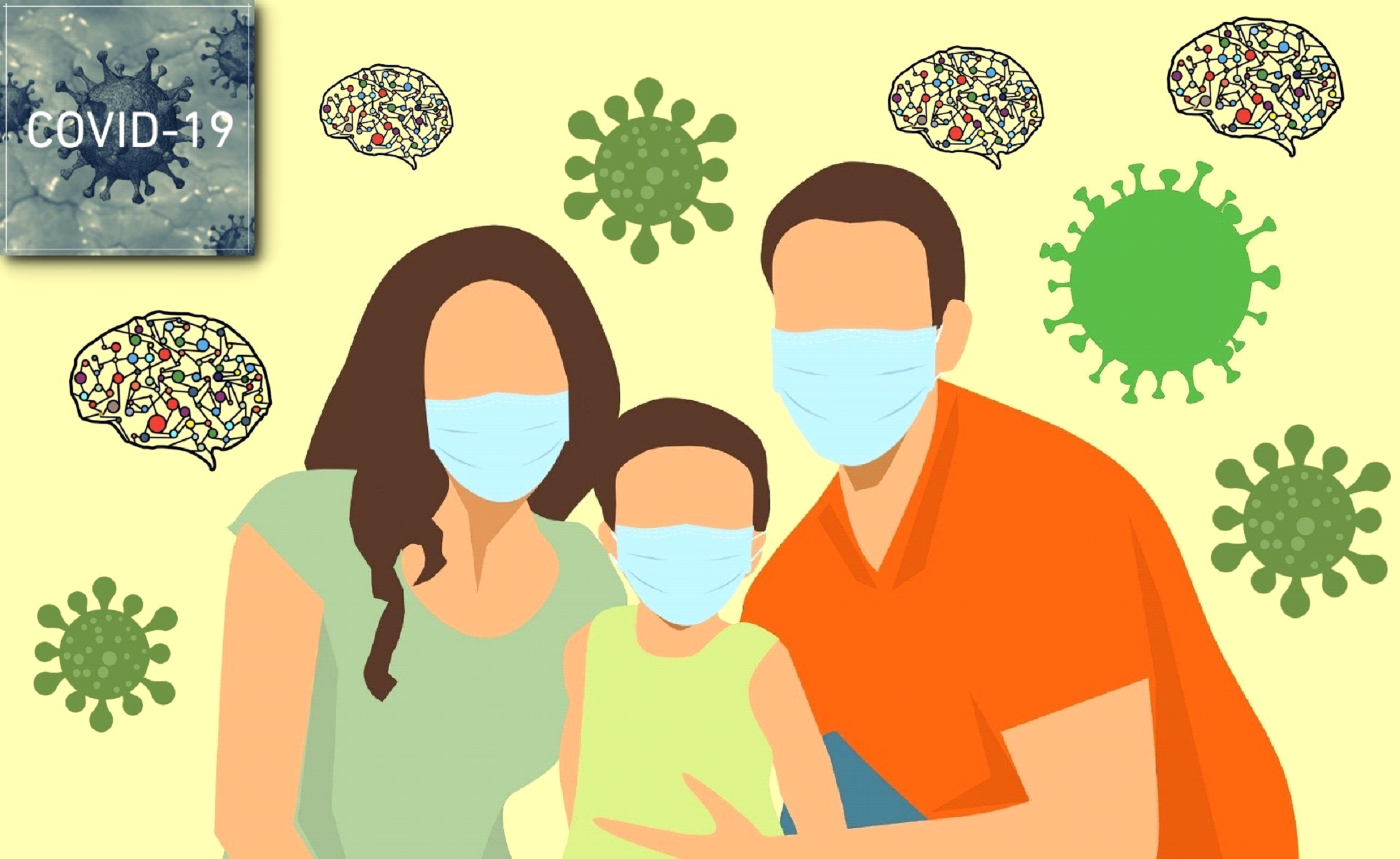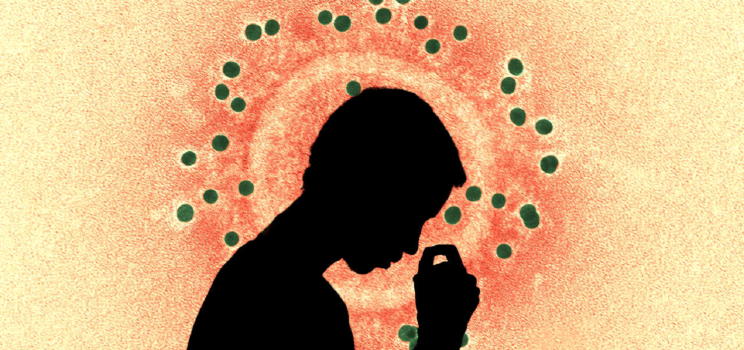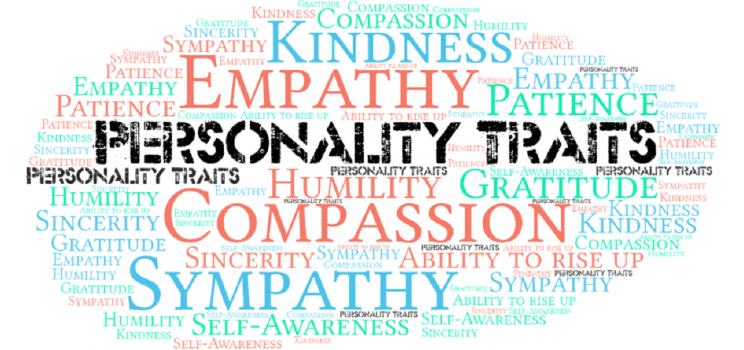My name is Anisha and I am 25 years old. I have completed a degree in mass communications from Pune. I am doing a job and currently live in Bangalore. I wanted to share my story so that it may help others like me. I moved to Bangalore about a year and a half back for my first job. It was anyway a tough time for me as I had recently had a break up with my boy friend. But moving to a new city where I had no friends made things even more difficult.
I remember that I was very happy when I was offered the job, but by the time I moved to Bangalore, there was something different. It is difficult to explain, but I was not feeling good at all. Initially I thought that it was only because of my break up, but slowly I realized that I was losing interest in work too. I would not sleep at night and then the next day would be so sleepy that I could barely get any work done. I was also very worried about it, because this was my first job and I wanted to create a good impression at my workplace, but it just wasn’t happening. I would suddenly start crying and would feel low most of the time. Now, I am an educated girl, and I knew about depression, but for some reason, it didn’t strike me that that was what I was going through. A senior colleague noticed that I was struggling and recommended that I see a psychiatrist.
Initially I was very hesitant…why should I see a psychiatrist? Was something really that wrong with me? I decided to see a psychologist first, because that seemed less threatening. So I met a psychologist. She was extremely patient with me and heard everything I had to say. Over 2-3 meetings, she convinced me to see a psychiatrist and told me it was important. I went with her advice and was diagnosed with depression and anxiety. The doctor was also very kind and put to rest my fears about taking medicines. She told me I had moderate depression and with medicines and sessions with the psychologist, there was a great chance that I would feel much better. And she was right!
The medicines slowly helped make my mood better and in my sessions with the psychologist, I gained a lot of clarity about the way I think and how that was causing me to feel so anxious and low all the time. My work performance also improved a lot. I won’t lie and say that it is all very easy. Even with medication, there are days when I don’t feel very good, but now I know how to deal with such feelings. The feelings do not overwhelm me anymore. I also realized that what I was going through was quite common among people my age. That made me feel less alone and less guilty.
I have now had a lived experience of how mental health is as important as physical health. I have also learned that there are many good days and some bad days, but that’s okay. It is okay to talk about it to friends, family and/or your therapist. I am genuinely thankful to my colleague who put me on the path to recovery as well as my doctor and psychologist.





